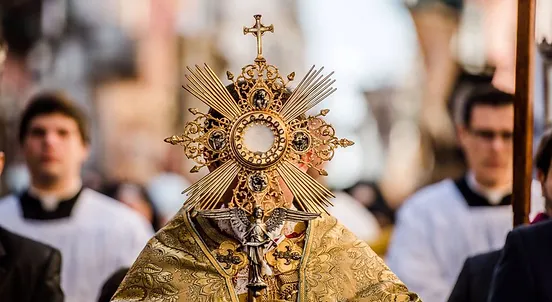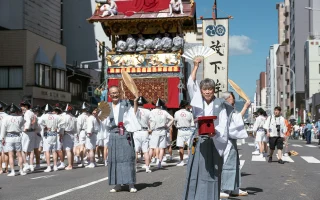kilkennybookcentre.com – Corpus Christi, Latin for “Body of Christ,” is a significant Catholic feast day celebrated annually. It honors the real presence of Jesus Christ in the Eucharist, the consecrated bread and wine of Holy Communion. This solemn and joyous occasion is marked by colorful processions, traditional dances, and religious ceremonies.
The History of Corpus Christi
The feast of Corpus Christi was instituted in the 13th century by Pope Urban IV. It was inspired by the visions of Saint Juliana of Liège, who had a deep devotion to the Eucharist. The feast was quickly adopted throughout the Catholic Church and became a popular celebration.
The Significance of Corpus Christi
Corpus Christi is a time for Catholics to express their faith and devotion to Jesus Christ. The Eucharist is considered the source and summit of the Christian life, and this feast day emphasizes its central importance. The processions and dances associated with Corpus Christi are a way of publicly honoring the Eucharist and sharing the joy of faith with the community.
Corpus Christi Celebrations Around the World
The celebration of Corpus Christi varies from country to country, but it typically involves a procession through the streets. The procession often includes clergy, religious orders, and lay people carrying the Eucharist under a canopy.
Key Elements of Corpus Christi Celebrations:
- Processions: The centerpiece of Corpus Christi celebrations is the procession, which is a public display of faith. Participants often carry elaborate canopies, banners, and religious symbols.
- Altars: Along the procession route, temporary altars are erected where the Eucharist is exposed for veneration. These altars are often decorated with flowers, candles, and religious artwork.
- Traditional Dances: In many regions, traditional dances are performed as part of the Corpus Christi celebrations. These dances, often accompanied by music and song, express the joy and reverence associated with the Eucharist.
- Religious Ceremonies: Mass and other religious services are held on Corpus Christi, emphasizing the importance of the Eucharist in the Catholic faith.
Corpus Christi in Different Cultures
The celebration of Corpus Christi has been adapted to local customs and traditions in different cultures. In some countries, the feast is associated with specific folk traditions, such as the Corpus Christi processions in Toledo, Spain, which feature elaborate religious floats and colorful costumes.
Corpus Christi is a time for Catholics to renew their faith and to share their joy with others. The colorful processions, traditional dances, and religious ceremonies associated with this feast day create a sense of community and spiritual renewal.


